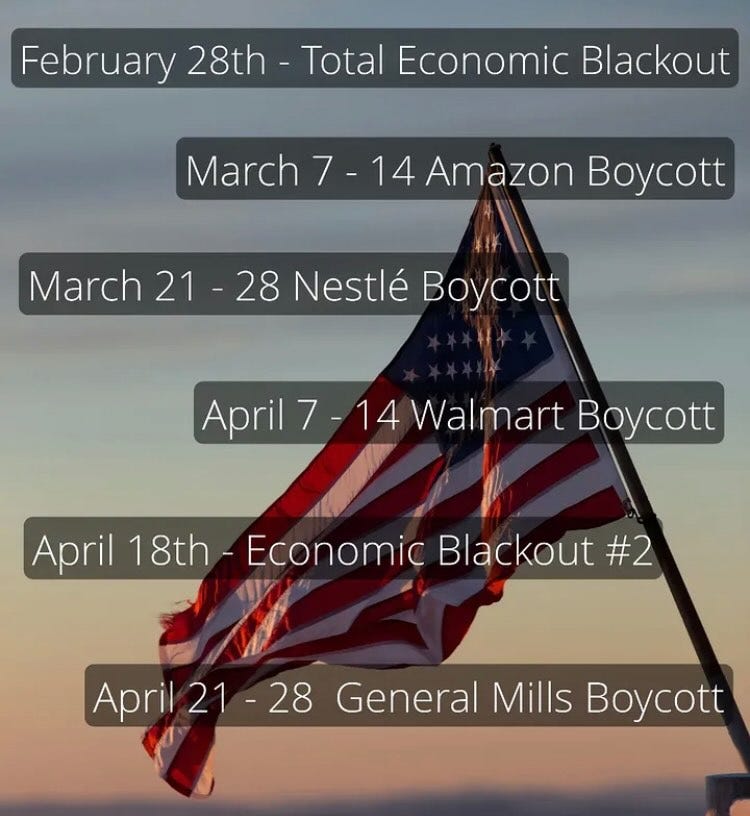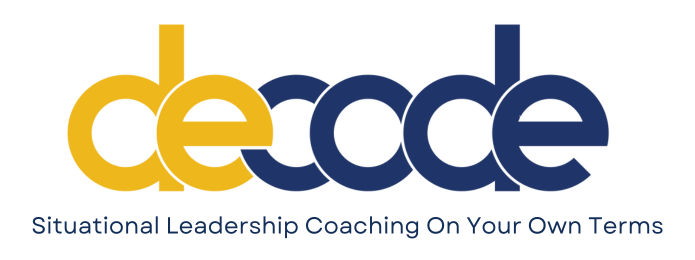The Quiet Cost of Losing Belonging: Why Senior Retail Leaders Must Lead with Humanity in the DEI Debate
The quiet decisions happening in boardrooms today, where leaders are pulling back on Diversity, Equity, and Inclusion (DEI) efforts are setting off waves that many senior retail leaders are failing to anticipate.
These changes aren’t just operational adjustments; they are signals.
Signals that employees are reading between the lines.
Signals that consumers are internalizing as they make purchasing decisions.
And here’s the uncomfortable truth: these signals aren’t neutral.
The conversation around DEI in retail has been oversimplified, reduced to a corporate checkbox exercise or, at worst, a politically charged topic that leaders feel pressured to navigate rather than embrace.
But beneath the surface, what’s at stake isn’t just policy, it’s belonging. And belonging isn’t a "nice-to-have" feature of a company culture. It is the backbone of innovation, engagement, and long-term profitability.
Retail leaders who quietly retreat from DEI without an intentional plan for maintaining inclusivity and belonging risk eroding trust - internally with employees and externally with consumers.
We are already seeing corporate impact with Target losing $15.7 billion of market value. Also we several blackout days scheduled.
The repercussions won’t always be loud. They will be silent, slow, and, eventually, irreversible.
The Leadership Blind Spot: DEI is More Than a Program
The fundamental mistake many retailers are making is thinking DEI is an initiative, a program that can be turned on and off without much consequence.
For the best companies, those that resist external pressure, inclusion and belonging are ingrained in their culture. They don’t fade away just because a formal DEI strategy isn’t in place.
Leaders who assume they can “move on” from DEI without impact are failing to see what’s happening beneath the surface.
You are clearly sending a message that:
“You never believed in your inclusion and belonging in the first place.”
The results are clear:
Employee disengagement that shows up as quiet quitting, lack of discretionary effort, and weakened leadership pipelines.
Loss of consumer trust from customers who see brands as more than just products, they see them as reflections of their own values.
Innovation stagnation as diverse perspectives are diminished or overlooked, leading to blind spots in decision-making.
Retail is an industry built on human connection.
It is also one of the most diverse workforces in the world. When senior leaders deprioritize inclusion, they send an unspoken message: “You don’t belong here.”
And when employees and consumers feel like they don’t belong, they don’t fight. They don’t protest.
They just leave.
The Hidden Cost of Losing Talent and Trust
The retail industry already faces an uphill battle in workforce retention. Retail leaders are competing not just within the industry, but against sectors that offer greater flexibility, better career mobility, and stronger organizational cultures.
Removing or diluting DEI efforts compounds these challenges.
Employees don’t leave jobs; they leave workplaces where they feel unseen. And in retail, where underrepresented groups make up a significant portion of frontline and managerial roles, the perception that inclusivity is no longer a priority accelerates disengagement.
Consumers, especially Millennials and Gen Z, are deeply attuned to brand values. When a company subtly backs away from DEI, consumers notice. And when given a choice, they will gravitate toward brands that reflect their beliefs.
Leaders who view DEI strictly through the lens of compliance or corporate responsibility miss the bigger picture: this is about credibility.
The credibility to lead diverse teams.
The credibility to attract and retain the best talent.
The credibility to build a brand that customers trust beyond the transaction.
Reframing Leadership: The Path Forward
For senior retail leaders navigating this moment, the real challenge isn’t whether DEI initiatives continue in their current form.
The challenge is how to lead in a way that ensures belonging and inclusivity are not performative, but foundational to how business is done.
Here’s what that leadership looks like in action:
Shift the Conversation from DEI to Belonging and Human-Centered Leadership
DEI can be polarizing in some circles, but belonging is universally understood. Every great retail leader knows that performance thrives when people feel connected to their work, their teams, and their purpose.
Make Inclusion Operational, Not Just Philosophical
Leaders who think inclusivity is just about representation miss its real impact.
Inclusivity is about decision-making, who gets to be in the room, whose voice is heard, and whose experiences shape product development, marketing, and customer experience strategies.
Tie Leadership Performance to Cultural Health
Senior leaders are measured on financial performance, but what about cultural performance?
Retention, engagement, and leadership pipeline health should be part of leadership KPIs. If a leader's team is disengaged and turnover is high, that’s not just an HR problem, it’s a leadership failure.
Keep a Finger on the Pulse of Employees and Customers
One of the greatest mistakes retail has made is assuming that silence means satisfaction. Just because employees or customers aren’t voicing concerns doesn’t mean everything is fine.
Regular listening mechanisms, whether through engagement surveys, focus groups, or consumer insights can uncover unspoken issues before they escalate into bigger problems that impact retention and revenue.
You can either be proactive about obtaining these insights or let social media dictate the narrative when frustration spills over.
Understand That Leadership is About Legacy
Every retailer will leave a legacy. The question is: What kind?
Will it be a legacy of agility, innovation, and human-centered leadership? Or will it be one of retreat, reactionary decisions, and missed opportunities to build something greater than a balance sheet?
Leadership is a Choice
The decisions retailers make today about inclusion and belonging won’t just affect their workforce or consumers in the present. They will shape the industry’s future.
This isn’t about following a trend. It’s about defining what kind of leader you want to be.
In a rapidly evolving industry, the leaders who choose to cultivate belonging, not as a program, but as a principle will be the ones who thrive.
The ones who retreat? We’ll let history decide.
But they could find themselves leading organizations that no longer inspire people to stay.
And in retail, if people stop showing up whether as employees or consumers there is no business left to lead.
Stay intentional and I will see you at the top!
The Future of Retail Leadership Development - 2025 Study
Retail Leadership development hasn’t kept up with the pace of retail. That’s the truth!
Everyday you face a growing gap between the challenges you navigate and the support you receive to overcome them. Current leadership programs fall short—failing to tackle the realities of retaining top talent, managing relentless change, and balancing short-term fires with long-term vision.
This survey is your chance to change that.
In just 7 minutes, your input will help build The Campus 2025 Retail Leadership Development Report, identifying the gaps and creating solutions tailored to the real needs of leaders like you.
Take the survey, and then return to finish the newsletter.
Click Here
Together, we will reshape retail leadership for the future.
Decode Your Leadership Situational With Coaching!
Leadership challenges aren’t theoretical - they’re real, urgent, and personal. Situational Coaching meets you in the moment, addressing the exact issue you’re facing, whether it’s navigating a high-stakes decision, managing team friction, or adapting to change
In our Decode Sessions, we don’t waste time on generic advice. Instead, we dive into the core of your leadership challenge, uncovering practical solutions you can act on immediately. This isn’t just coaching—it’s clarity for when it matters most.
Ready to cut through the noise? Learn more here.
A Leadership "Third Place" Becomes Essential
The highest-performing leaders don’t rely on internal development programs, they seek a third place for their leadership. A space outside of work where they refine their thinking, engage with other top leaders, and gain perspectives they won’t find within their company walls.
THE CAMPUS is That Space.
At Worthy Retail Global, we provide leaders with a trusted circle of peers, expert insights, and high-level coaching designed to push boundaries.
THE CAMPUS isn’t just another leadership program—it’s a strategic leadership environment built to help you elevate, innovate, and lead with confidence.
Ready to Break Free and Lead at a Higher Level?
Join us and step into a leadership community that goes beyond conventional training—it’s time to lead differently.
📌 HOW CAN I HELP YOU? Book a Time - HERE









